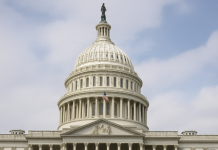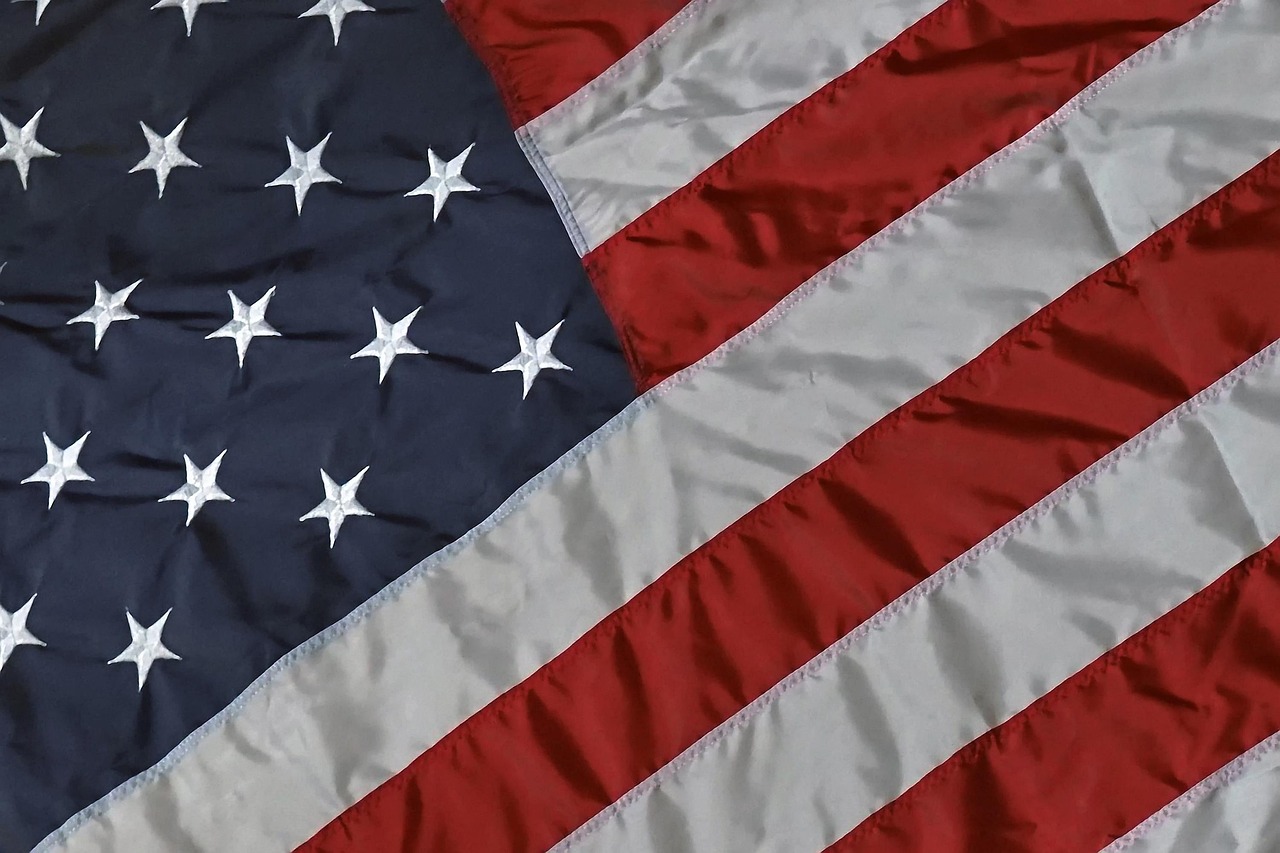
In an election that has reshaped New York City’s political landscape, Zohran Mamdani has been elected mayor, becoming the first Muslim and the first person of South Asian heritage to hold the office. At 34, he is also the youngest mayor in more than a century, representing a generational and ideological shift in city leadership.
Before an energetic crowd in Brooklyn, Mamdani declared, “The future is in our hands,” as supporters erupted in cheers. His victory over former Governor Andrew Cuomo, who ran as an Independent, and Republican candidate Curtis Sliwa, marks the culmination of a campaign that many viewed as an unlikely journey from grassroots activism to City Hall.
Mamdani, a Ugandan-born Democratic socialist who served as a state assemblymember from Queens, entered the mayoral race last year with limited name recognition. His campaign quickly gained traction, propelled by a message focused on affordability, equity, and systemic reform. He promised fare-free buses, a freeze on rent-stabilized apartments, universal child care, and higher taxes on corporations and the wealthiest New Yorkers. His platform resonated with younger voters frustrated by the city’s high costs and deep inequality.
Speaking at his victory event, Mamdani quoted early 20th-century socialist leader Eugene Debs, pledging to build “a better day for humanity.” His rhetoric, unapologetically left-wing, has drawn both admiration and criticism. Supporters see him as a voice for working-class families; detractors warn that his policies could strain the city’s finances and alienate moderates.
Cuomo, conceding defeat, cautioned against what he called “a dangerous road,” warning of threats to public safety and rising antisemitism. The former governor’s campaign had centered on experience and stability, contrasting sharply with Mamdani’s promises of transformation. Yet Cuomo’s past controversies, including the sexual harassment allegations that led to his 2021 resignation, loomed large throughout the race.
Despite attacks from Cuomo and from President Trump—who derided Mamdani as a “communist”—the mayor-elect’s message of hope and affordability energized a new generation of voters. Many young New Yorkers, including immigrant families and first-time voters, viewed his candidacy as a reflection of their own aspirations.
The race itself unfolded with dramatic twists. Current Mayor Eric Adams initially sought re-election but eventually withdrew, endorsing Cuomo. That left Mamdani, Cuomo, and Sliwa to face off in a contest that revealed deep ideological rifts within the Democratic Party. Mamdani’s decisive primary victory over Cuomo last June signaled growing influence from the party’s progressive wing, which has been gaining ground nationally.
Still, Mamdani faces daunting challenges ahead. His criticism of Israel and past remarks about policing have drawn scrutiny. While he has publicly apologized for some comments and sought to clarify his stance, the debates around his views are likely to follow him into office.
Beyond city politics, Mamdani’s triumph has national implications. It highlights the rising power of younger, more diverse voices within the Democratic Party at a time of internal division between progressives and centrists. Whether Mamdani can turn his ambitious promises into lasting policy remains to be seen, but his victory has already redefined what is possible in New York politics.
As one supporter at his rally put it, “We finally have a mayor who looks like us, who listens to us, and who believes the city can belong to everyone.” For many New Yorkers, Mamdani’s win feels like the start of a new chapter—one driven by conviction, courage, and a vision of shared opportunity.
Image is licensed under the Creative Commons Attribution-Share Alike 4.0 International license and was created by Bingjiefu He.







